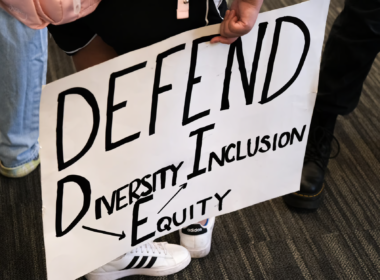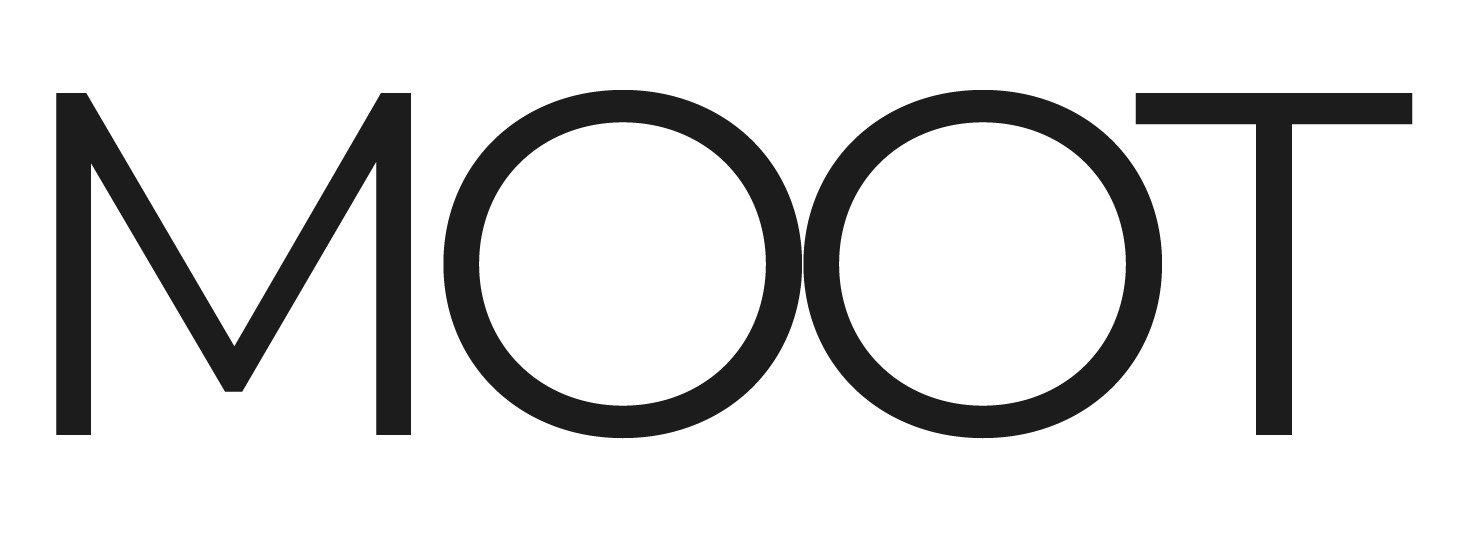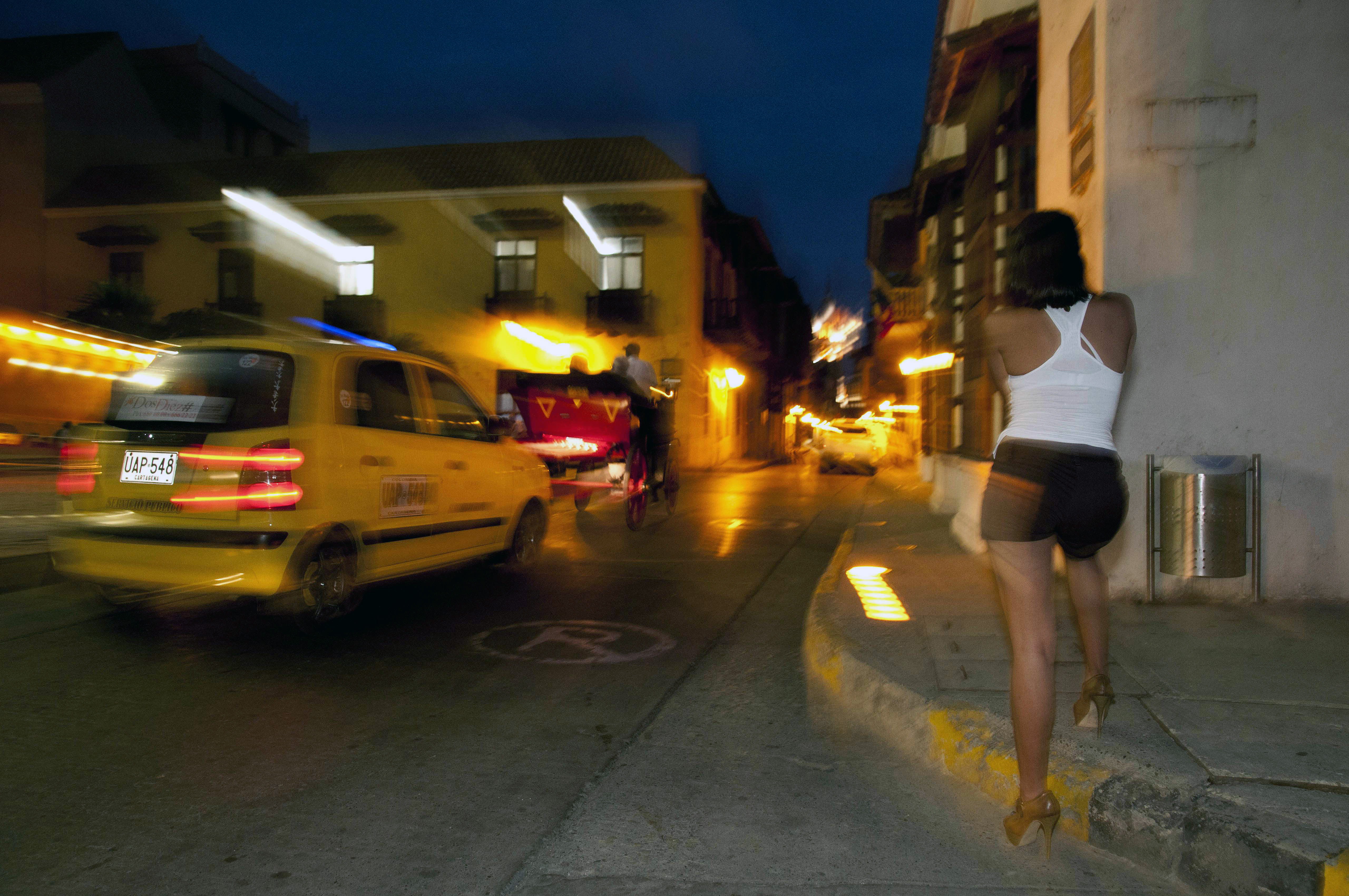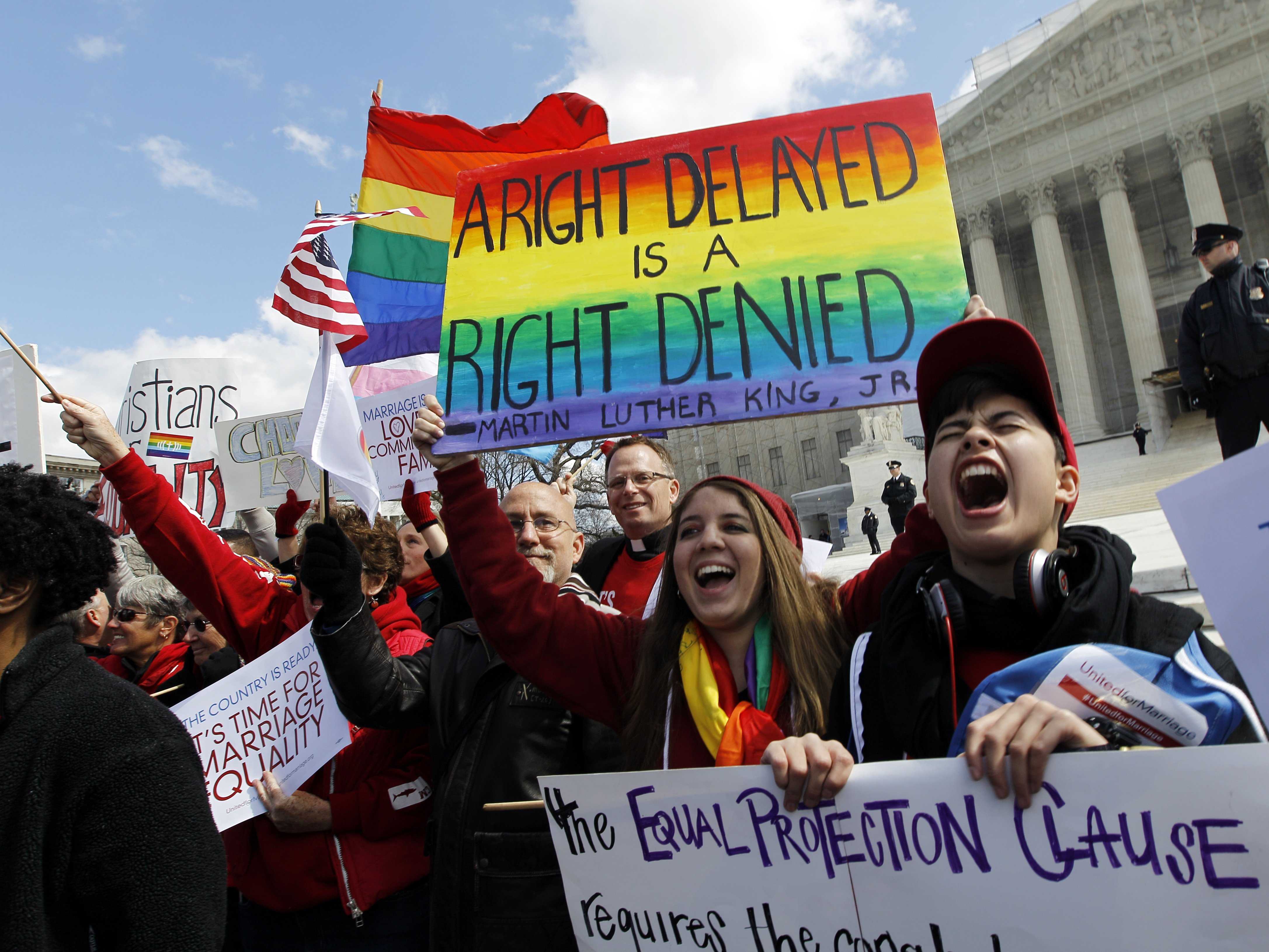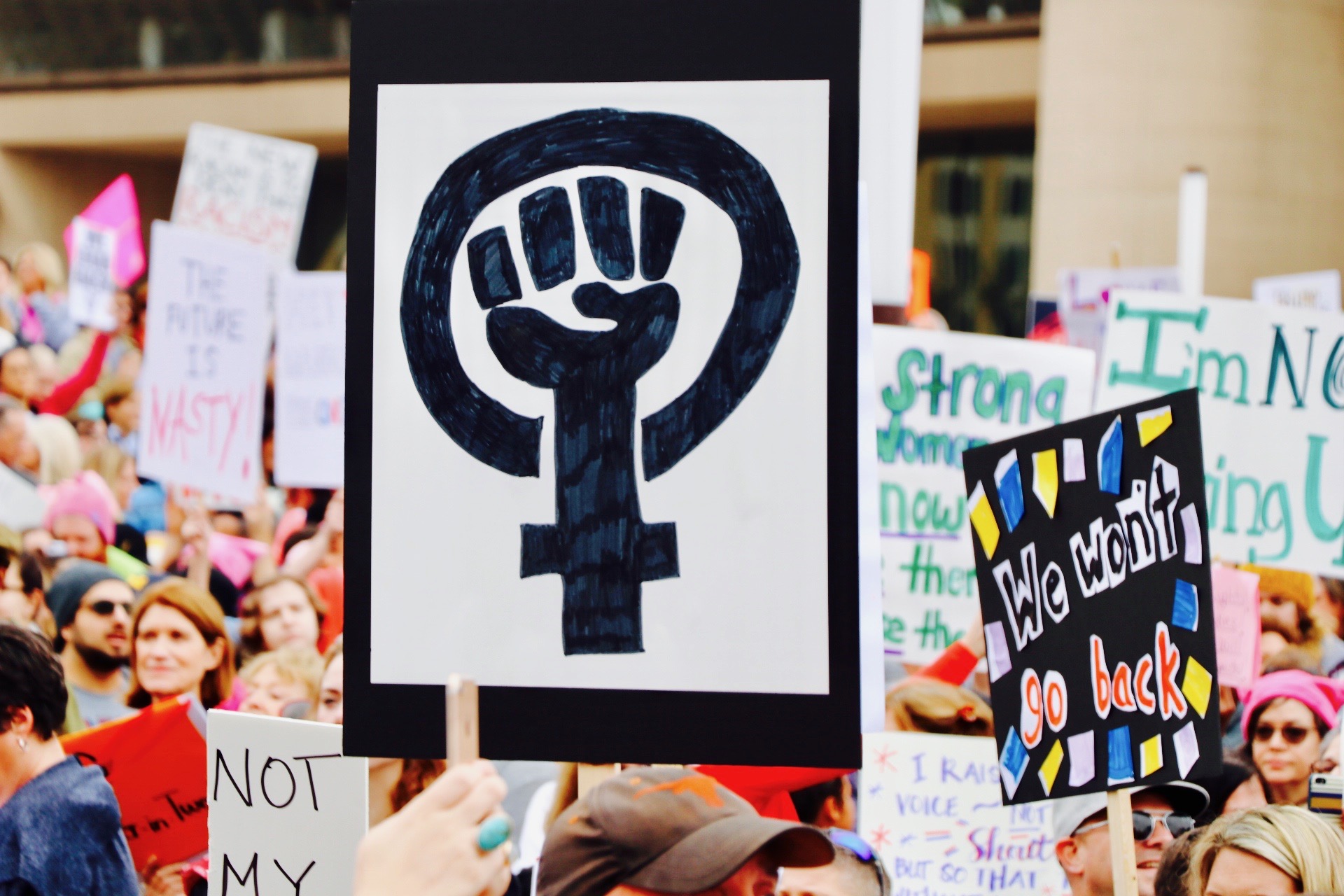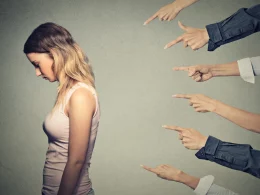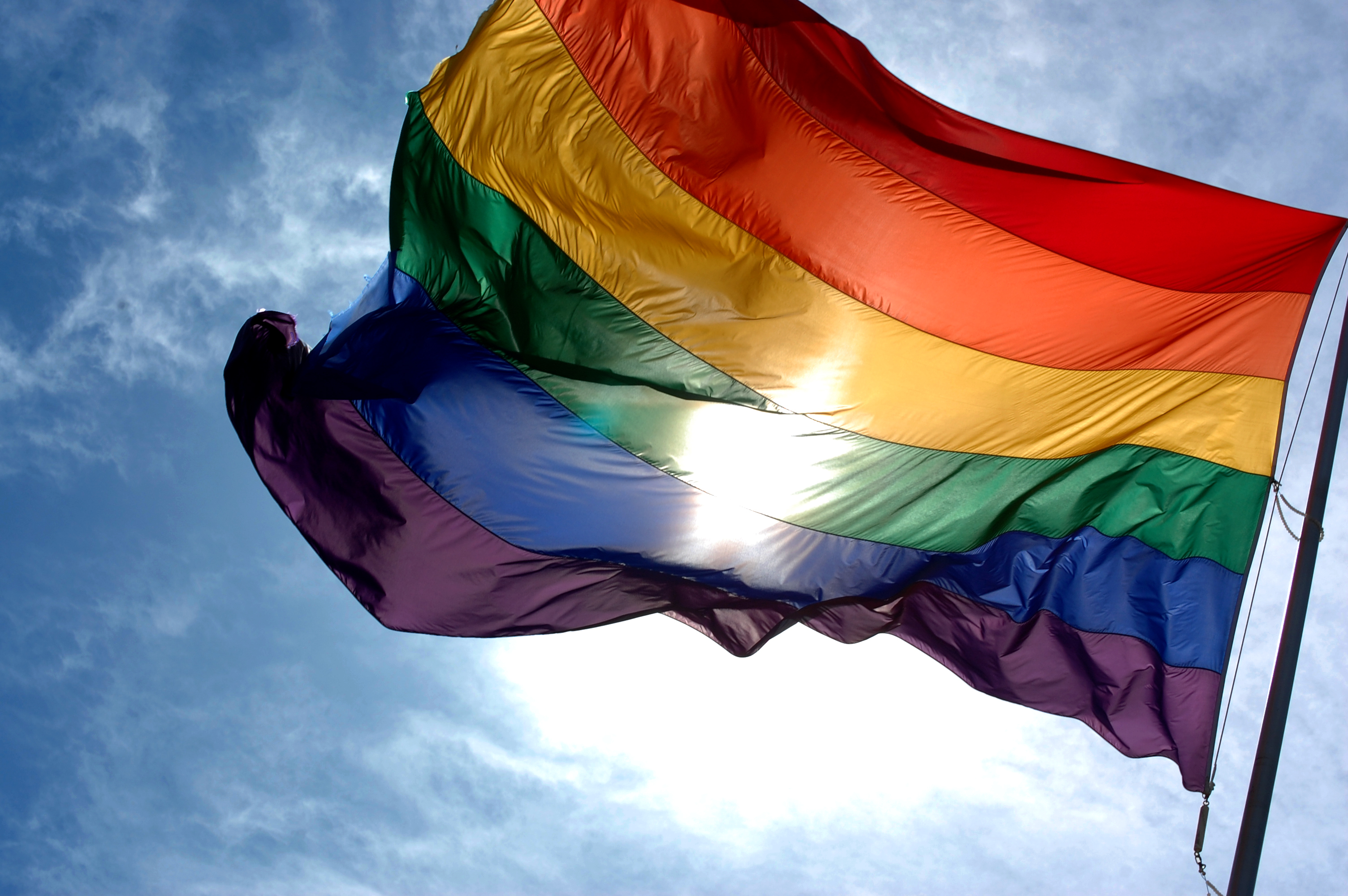We live in an unfortunate culture where a woman’s body is seen as an overly sexualized and demonized simultaneously. If a woman wants to use this sexualized agenda put out by the media, she’s labeled a whore. If she chooses to cover herself, then she’s seen as frigid. This whore / virgin dichotomy is often used in pornography and by prostitutes to further business, showing that the only real line drawn between the two is just that, a line.
Prostitution and pornography are often smashed together in Conservative arguments about the “betterment of America”. I have heard many arguments that the access and legalization of pornography have led many people down that narrow path of sin and right into the crosshairs of prostitution. These arguments become confused with biblical scriptures and definitions and the difference between state laws.
Prostitution is the act of being paid, or paying, for sexual acts and is only legal in some counties in the state of Nevada. Pornography is the display of sexual acts that are conveyed through different types of media by actors.
In Nevada licensed brothels are legal in eight counties. 90% of the population lives outside of these legal areas. The workers at each brothel are required by law to undergo regular HIV testing and use a condom with each client. These laws have kept the workers, and clients, generally STD free. Similar laws are found in other countries where prostitution is legal, but brothels are prohibited.
Pornography is legal on a whole in the United States. In the early 1970’s, a rise in anti-pornography groups called for the government to label pornography as obscene. The groups were afraid that the consumption of pornography on a regular basis would create a more devious group of individuals. Much like the McCarthy era these groups were finger pointing and going on witch hunts. Out of this uprising the Miller test, also called the Three Prong Test, was created.
The purpose of the Miller test was to determine whether or not the pornography in question was obscene. If the work was found to be obscene then it would not be protected under the First Amendment of the Constitution. Pornography that contains children remains one of the only forms that is illegal (and generally not opposed) at a federal level. If the pornography in question passed the Miller test, then it was fine for sale amongst retailers. The Miller test used a slightly questionable approach of trying to determine if the average American would find the work obscene.
Anti-prostitution and anti-pornography groups both tend to make the same arguments regarding the effects on the persons involved. Both groups claim that exposure to explicit sex, whether it is in a participant or media form, cause harmful end results. The claims include causing depression, drug and alcohol abuse, and criminal and delinquent behavior. While there have been many women who have worked in the legal brothels in Nevada who back these claims, there are also just as many women who deny them.
Nevada’s “brothels only” rule seems to be the main issue brought up by current and past sex workers. These women would rather work for themselves than for a house that collects part of their fee. The problem, it seems, is that the government recognizes the freedoms that having self employed sex workers would cause. These women could spring up in the suburbs and cause riots by the local churches.
There have been many federally funded commissions to test the negative effects of prolonged exposure to pornography. The President’s Commission on Obscenity and Pornography found that “evidence that exposure to explicit sexual materials adversely affects character or moral attitudes regarding sex and sexual conduct.” Unfortunately, no such efforts have been made to asses the exposure to, or working within, prostitution.
The confusion between the two terms seems to come from the fact that both of the big P’s involves sex that is paid for. In prostitution the worker is paid directly for the services rendered. In pornography you’re seeing actors who are paid to act. There are directors involved, sets, a cutting room, and production. The actors are paid for their roles in the film or photography, but not for having sex.
That’s the line the sand. The majority of people have turned a mostly blind eye towards them because they are actors, but someone who makes their money selling their body blatantly is shunned. It should also be noted that the only prostitutes that could be found for the research of this article were women. American male prostitutes seem to be a myth in the legal areas of Nevada. Male escorts, however, are quite prevalent.
This separation of the sexes is nonexistent in pornography. In pornography there seems to be a more equal footing for the jobs that are available. Men have just as large a role in the adult film industry as women do. Their lack of presence in American prostitution isn’t invisible, it’s just ignored.
It’s far easier for our culture to concede to a woman who wants to use her body in adult films and to market her sexuality in a way that brings in a high profit and gives her the ability to choose her jobs. It’s harder for the American people to accept that someone would want to make their living as a prostitute, but as long as it’s the allowing sectors, there aren’t a lot of people clamoring for her to put her clothes back on.
Men in the adult entertainment business are seen rather like playboys. They get a lot of action, and they get paid for it. Their acting jobs may be seen as sleazy, but at least they’re getting a lot of sex. Plus, it’s just acting. Now if you took the camera away and had a more intimate one on one encounter, the American people would probably have a mild coronary. Never mind that if a male wanted to be a prostitute, he wouldn’t be legally allowed to do so in America.
The split in ideas here seems to be that the people in our society automatically associate the prostitution with women. Why not? In most films and TV shows they are predominately women. When there is a male prostitute, he is glamorized. Think American Gigolo and Loverboy. In both films the men are the titular heroes. Aside from Pretty Woman, how many female prostitutes can lay that claim in the film industry? Plus Julia Roberts’ character was saved by a man, ironically enough, the same man who was the lead in American Gigolo.
There seems to be an every growing distaste for prostitution, but an even larger growth in the pornography business. More often than not there is another news article about a public representative, usually Republican, whom was caught paying for sex. It seems like the more the idea of buying sex from a direct vendor is shoved into the public eye, the more people shun it without thinking about the why. Why did these powerful men, in positions from which they could be easily terminated, plan to pay for sex? Why didn’t they go the cheaper, more discrete route of picking up a porn or finding something on the internet? Is it because they crave that physical intimacy? Or because they can have physical contact, where they get to govern the majority of the rules, and then have no lasting commitments? It should also be noted that the majority of people who are found to be in the acquaintance of prostitutes are normally the republicans who support “family values”.
What if we suppose for a moment that America dealt with prostitution the way Belgium, Denmark, France, or Germany does? Many European countries have legal prostitution that is regulated by the government. In most of these countries, and in most countries outside of Europe where prostitution is legal, they have very specific laws to maintain the safety of the client and the sex worker. In almost all of these countries, brothels are illegal. A sex worker may work for themselves, most may not solicit clients, but they are their own boss. Each sex worker has the right to choose her clients, when she works, and how often she works. There are now ads across Europe promoting sex work. The women in the ads are mothers, students, and a variety of other busy women. As previously mentioned, the only legal sex workers in America work in brothels, so what’s the difference?
Brothels, in most countries with a wider legal view of prostitution, are seen as glorified pimps. Most of the women who work in the brothels are forced to take clients whether they want to or not and the house takes a large cut of their profits. In some places in Nevada the house can garner at least fifty percent of the workers income. This is a prime example of how, while prostitution and pornography are very similar, in America we refuse to allow a woman the right to choose sex work as a profession. If she does, and wants to do so legally, she is forced to work for someone under conditions that have been described by some as harsh and demeaning. These women also tend to work for weeks at a time, never leaving the brothel, until they take a vacation. This fact alone is why so many current and former sex workers are pushing for laws allowing prostitutes to work for themselves.
If America took a more world wide view of prostitution, which judging by the money produced in the porn industry would be a good idea, then maybe we would be able to create safer conditions for these women and men who are still working, but illegally and out of the system. If prostitution were legal, regulated, and governed the way it is in many European countries the taboo of paying for or being a prostitute would be thrown out of the window. The whole industry would end up being viewed as pornography is viewed. Yes there are people who dislike it, they find it vile and against what we were created for, but the people who wanted to be in that industry would be protected and that is ultimately more important than whether or not the idea of paying for sex makes someone else uncomfortable.
The laws in all of these countries, like America, prohibit child pornography, forced sex labor and trafficking, and other abusive activities. Their sex laws differ depending on which country you’re in but they’re still controlled by the government like any other job. America could easily adopt this policy and destroy the underground prostitution that is so easily visible in our country. There isn’t one city in America that hasn’t seen a prostitute. In larger cities there are specific areas where one can procure sex for hire and it’s a well known fact that many of the people arrested for prostitution will just continue their job services when they are released.
Pornography is prevalent throughout the world. It allows the average person to fulfill a fantasy that they can obtain in their normal life. It’s private and fairly discreet. Stores that sell pornography are no longer only found in shady trailers along the highway with blacked out windows. You can find multiple stores in the suburbs that sell movies, toys, and other sexual accessories for your pleasure. Neighbors may run into each other, but no judgment can be made when they’re in the same store. A sexual revolution seems to be slowly taking over the average American household; it just hasn’t reached to the oldest profession in the world yet.
What if prostitution was approached in the same manner as pornography now is? It’s already fairly private and discreet; no one is running around exclaiming they slept with a hooker. If we allowed the prostitutes in our country to be self employed, but still governed by the laws created for them, what harm would really come from it? The logical argument seems to be that if these laws were created, the underground and highly illegal prostitution that is found throughout the country would slowly disappear. Many of the prostitutes that are found now tend to be runways, teenagers who feel like they have no other options. They’re also drug addicts and people who just need to make a little extra money. There is no way to say that the legalization of prostitution would put a screaming halt to these unfortunate individuals, but it might help.
If prostitution were legalized and seen on the same page as pornography, then the laws for working outside of the regulations would most likely be harsher than they currently are. This alone might deter some people from trying to turn tricks at all. If they knew, however, that they could apply for a license and would be protected, it might allow them the freedoms they’re looking for without having to wait underneath a bridge or on a certain street corner.
There is nothing new or modern about prostitution or pornography, but the views on both have changed quite dramatically over the last century. While prostitutes were never the highest class of individuals, there were women who worked their way up the classes and found a better life for themselves. In the past when women were seen more as property than people, this job function allowed them to control their life. It has only been recently that religious and conservative out cry has pushed the idea of prostitution so far into the sinner’s box that no one is ready to look at it. This is also why pornography has become so wide spread; their actors and the people who purchase their work are just “film connoisseurs”.
Prostitution in America is a shouting whisper and pornography is a shrug of the shoulders. The people of our country are well aware of both sex trade businesses, but one is accepted by the default of actors playing a part, and the other is shunned by a large part of the population.
Why is it that people, mostly women, who want to take control of their bodies and use them to wield a profit, are seen as sinister? Is it because America has such an antiquated view of gender politics? Or is it because Americans truly want these people to have what they view is a fully fulfilled life?
Either way, the only time change will come is when America as a whole realizes that the pornography is just prostitution’s pretty little sister. They’re in the same family, doing the same things, but one is easier to accept. When the changes in opinions finally happen, and America moves along with a more modern view of both professions, positive outcomes are sure to happen. Until then, the women working legally in American brothels will fight for their right to be independent contractors like those in the pornography industry.
